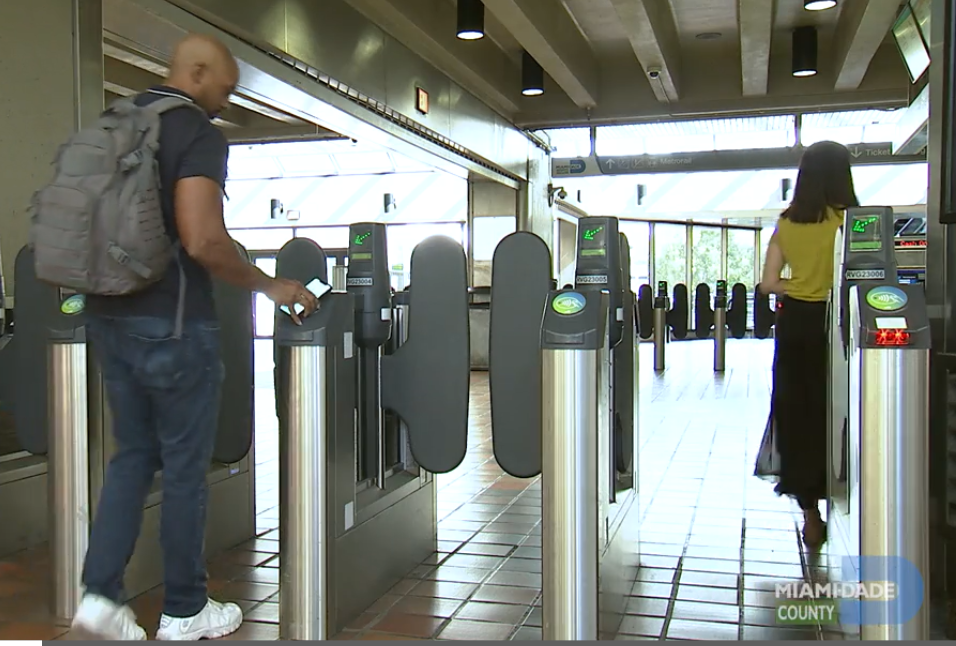RBC focuses on digital products as mobile adoption spikes
Royal Bank of Canada is growing its digital product portfolio as mobile user adoption grows. In a call with investors on Wednesday morning, CEO Dave McKay said the bank will continue to invest in new products like investment platform MyAdvisor, the automated savings tool NOMI and the retail rewards program Ampli. He attributed these investments to the bank’s year-over-year digital and mobile growth, noting that active mobile users have increased 17% from 3.7 million to 4.3 million since the same time last year.
Total mobile sessions at RBC have increased 26% year-over-year from about 56 million to almost 71 million this quarter, and active digital users have increased 8% from about 6.6 million to 7.1 million. Almost nine out of every 10 financial transactions are now self-serve for RBC. As a result, the bank has increased its online presence while keeping its total employee number relatively flat at 1.2 million throughout the year.
RBC launched the NOMI digital personal finance insights tool two years ago with the help of the artificial intelligence technology company Personetics. The tool has multiple features designed to keep customers engaged with the RBC app. Meanwhile, NOMI Find and Save is a tool that monitors users’ income and spending, and it automatically transfers extra cash into a savings account. NOMI Insights monitors customers’ finances and provides spending advice.
MyAdvisor, a priority area for RBC, is an investment and personal finance management tool that aggregates customers’ accounts into one screen and allows them to simultaneously review their finances with a human adviser. Through a partnership with WestJet, the bank also recently launched a rewards platform called Ampli that gives users cash back when they buy from certain brands. The platform acts as a customer acquisition vehicle, as RBC cardmembers get better rewards.
RBC also is expanding its offerings to business clients, noted McKay. As part of its business banking product set, it partnered with Microsoft to launch its Go Digital product, which uses AI and blockchain tools to assess food quality and safety. The bank hopes to expand the product beyond the food industry in the future, but it did not offer further details. In addition, RBC acquired WayPay in July to automate the accounts payable process for business clients.
See also: Adoption of digital banking jumps at RBC
RBC’s investment in digital products comes as many Canadian banks are rolling out competitive offerings. Motusbank and Tangerine offer online investing and lending tools, while KOHO and EQ Bank offer digital bank accounts. Tangerine, which is owned by RBC competitor Scotiabank, said in May that it had more than 2 million customers and $40 billion in assets.
Still, Tim Daley of Cornerstone Advisors said the mobile growth from RBC is impressive. “The number that pops for me is 88% of transactions are self serve,” he said in an email. “What that tells me is that nearly nine out of 10 transactions do not involve a bank employee (likely branch). That is significant in my mind.”












